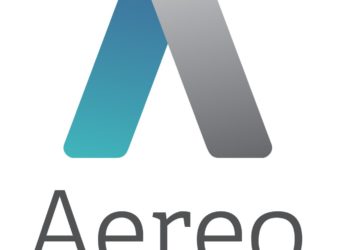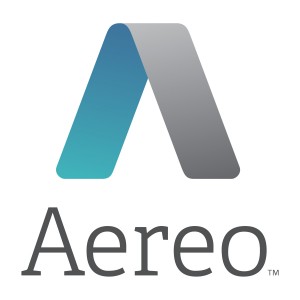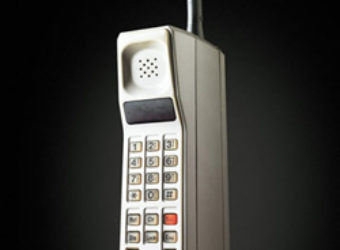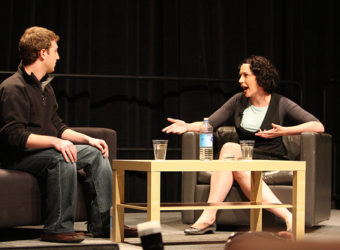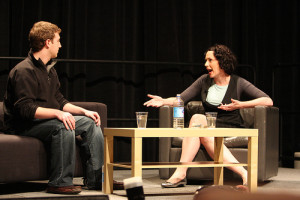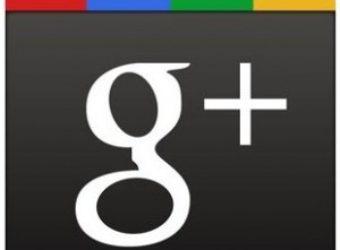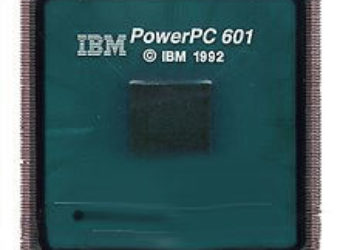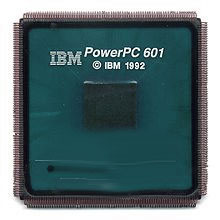September 18,1989: NeXTstepOS, 1990: NeXTstation Computers
Subscribe! Spotify | RSS | More
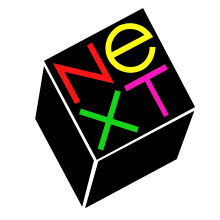
1989 – 4 years after resigning from Apple, Steve Jobs and his newest company NeXT finally release the NeXTstepOS. It is a Unix based system, with some aspects of BSD and using the Mach kernal. This is the OS that will eventually merge into Apple when Jobs comes back.
1990 – The NeXTstation is finally released. It used the 68040 Motorola processor running 33MHz and the 68882 math co-processor running at 25 MHz. 2.88 MB floppy, 8 MB RAM, monochrome monitor, all for $4.995.If you wanted 4096 colors, that would cost you – $7,995.
This Day in Tech History podcast show notes for September 18
Subscribe to Day In Tech History:
RSS Feed - iTunes - Android - Spotify - iHeartRadio
Facebook -
- RSS Bandwidth by Cachefly Get a 14 Day Trial
- Join me on Patreon and support Day in Tech History
- ICANN is formed
- Transformer takes down the Hadron Collider
- Microsoft stock splits for the first time
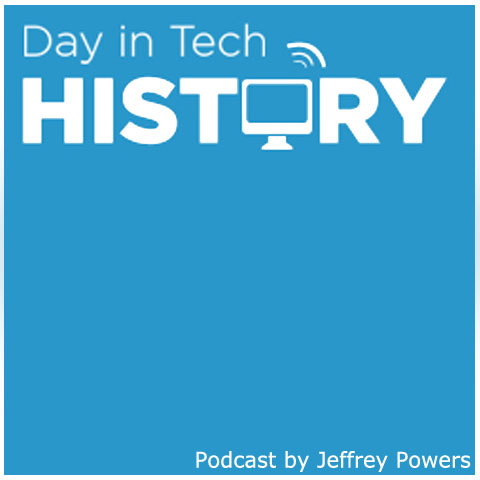
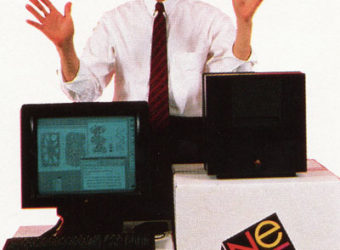


![Sarah-Palin[1] Sarah Palin](https://dayintechhistory.com/wp-content/uploads/2013/09/Sarah-Palin1-340x250.jpg)
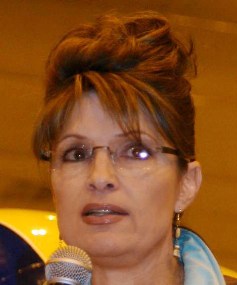
![trs-80[1] TRS-80 pocket](https://dayintechhistory.com/wp-content/uploads/2013/07/trs-801-340x250.jpg)

